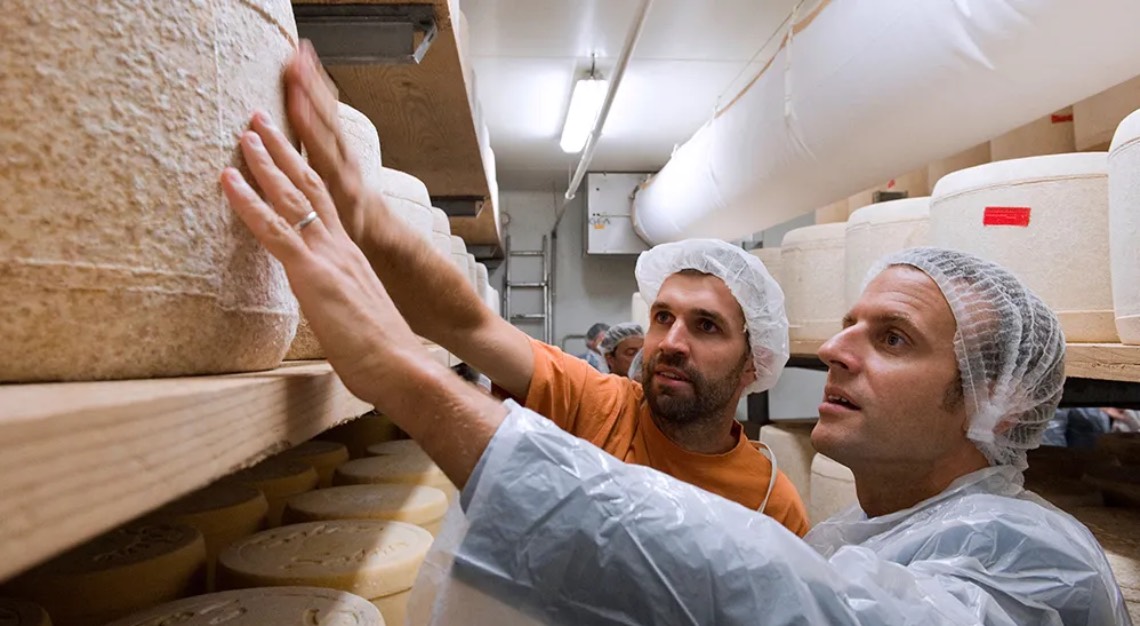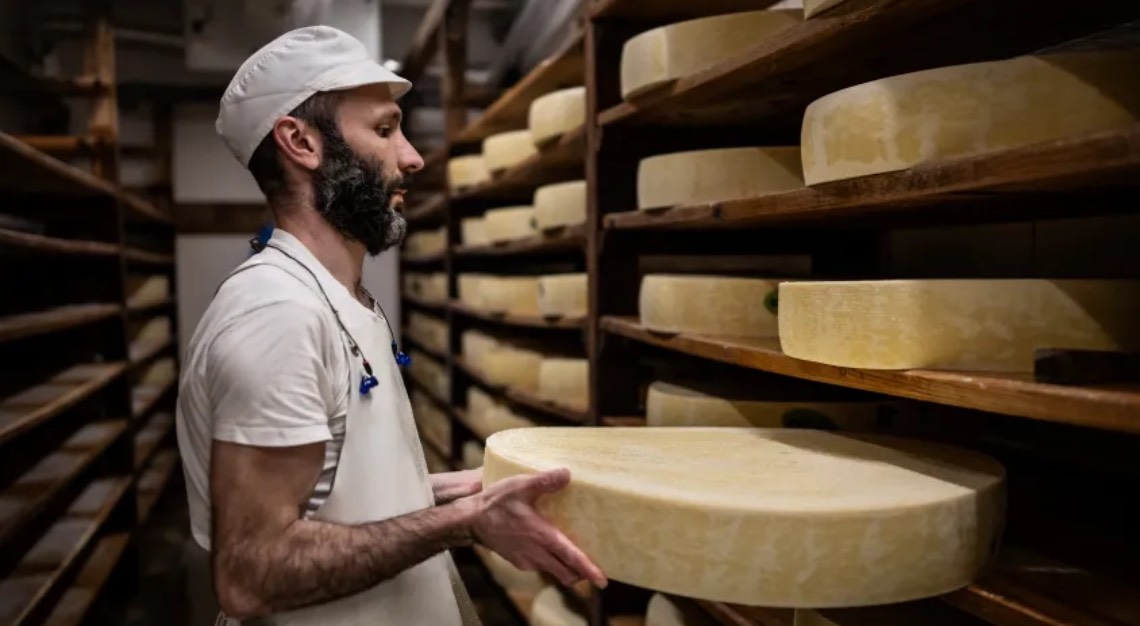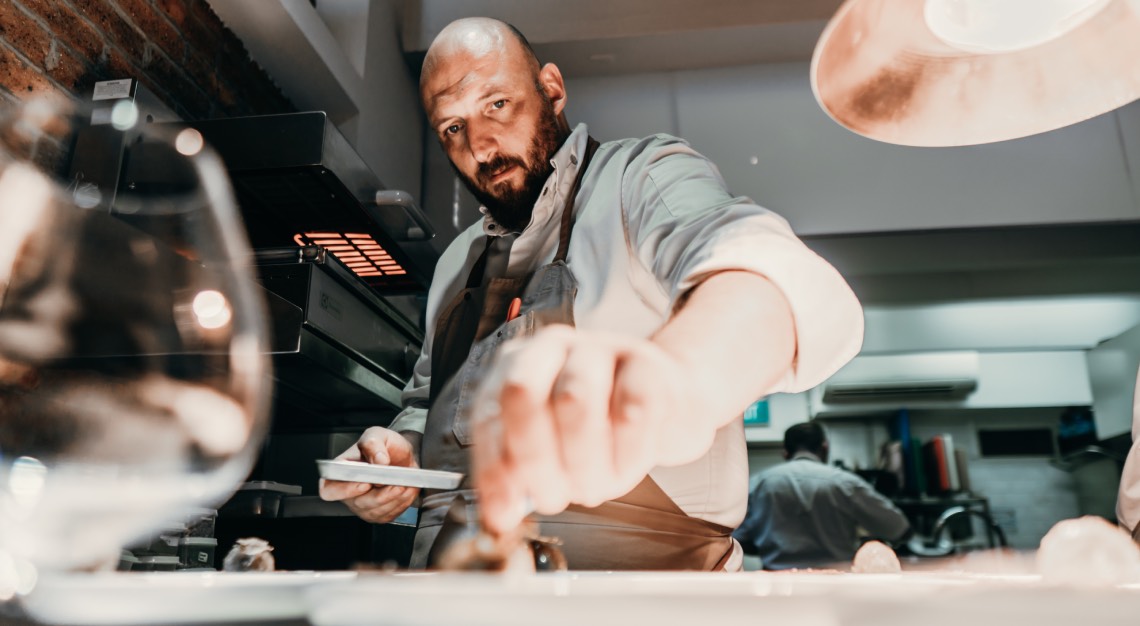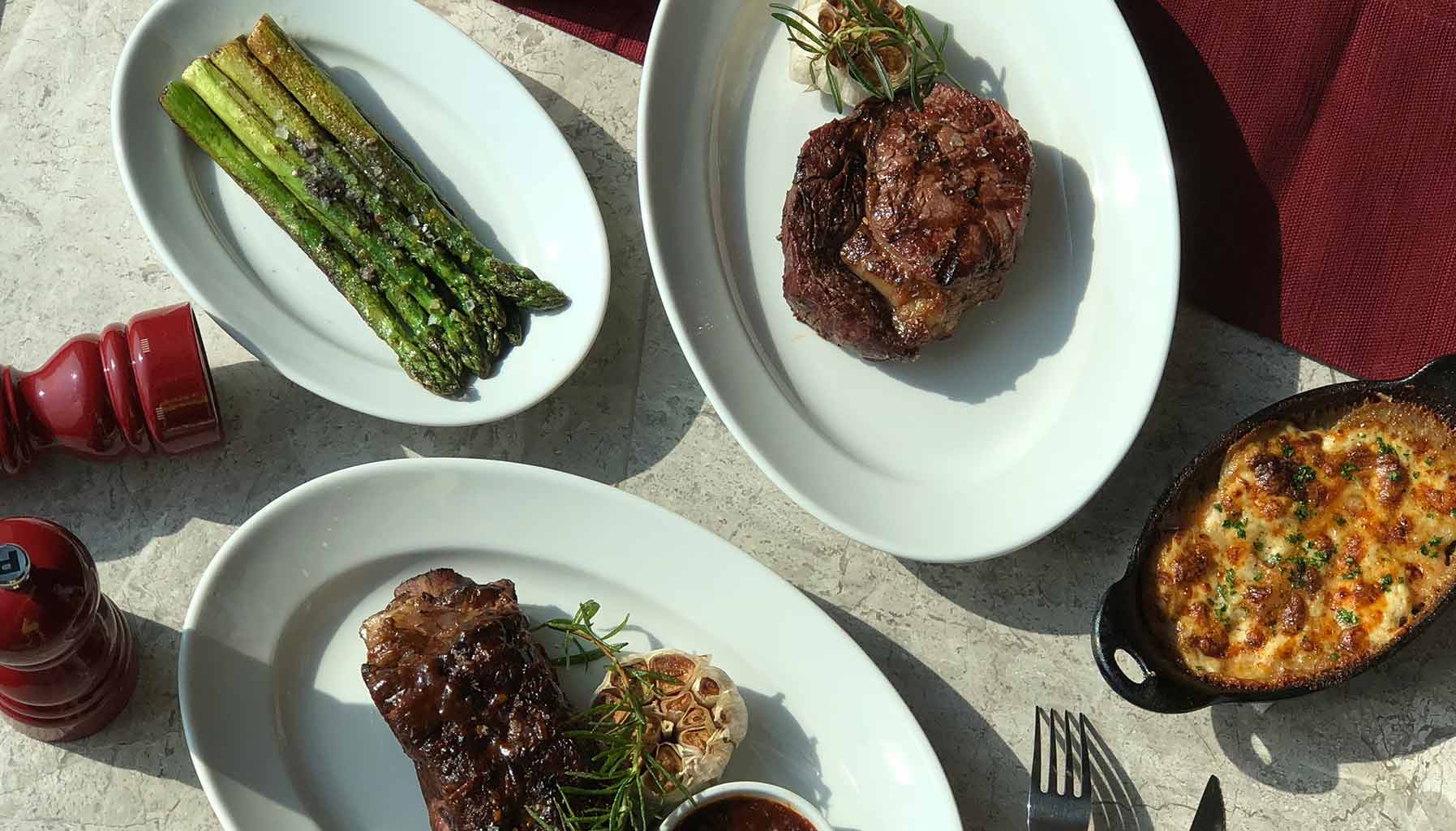Thieves are attracted to cheese’s increasing value and rising global demand
The luxury good of choice on the black market is not what you’d expect.
Counterfeit designer leather goods and premium sneakers often snag headlines when it comes to illicit trade, but cheese is quickly becoming a hot commodity, the BBC reported. Yes, the familiar dairy product has drawn the attention of international smugglers and other parties looking to profit from the most luxurious varieties. The practice gained wider attention just last month when what became known as the Grate Cheese Heist became an internet sensation. That robbery involved the disappearance of US$390,000 of prized English cheddar, but it was just the tip of the iceberg.
In general, food-related crimes are on the rise, with losses for the food industry sitting between US$30 billion to US$50 billion, the World Trade Organisation estimates. Luxury cheese, however, has stood out as a category of particular interest, with signs appearing as far back as 2016. That year, criminals absconded with nearly US$103,000 of Parmigiano Reggiano from a warehouse in Italy, but industry members who spoke to the CBC at the time divulged that US$7 million of the famous pasta companion had been stolen over a two-year period.

With rising costs, cheese has only continued to gain value. “Cheesemaking is an energy-intensive business,” Patrick McGuigan, a specialist in the dairy sector, told the BBC. He attributes this to the production process itself, which involves heating milk and then storing the finished product in energy-consuming refrigerators. This requires ample amounts of fuel and, especially in Europe, energy prices have increased since Russia invaded Ukraine. Many cheeses also require lengthy ageing periods, sometimes years, that make them even more costly.
The tipping point may have come from organized crime’s increased interest in cheese. Major criminal networks have used the food supply chain to move money and banned substances for decades, but food has a distinct advantage. “They know crimes involving food result in less severe convictions than for importing drugs, but they can still make similar amounts of money,” said Andy Quinn of the National Food Crime Unit (NFCU). Yet offloading something like luxury cheese can be difficult. As a result, most of it is scattered overseas or to other countries with thriving black markets for food.
To fight back, cheese makers are turning to technology. In 2022, Italy’s Parmigiano Reggiano Consortium introduced tracking chips roughly the size of a grain of rice embedded into each rind. These trackers help identify each wheel with a unique number, ensuring authenticity and making it easy to learn if any have been stolen.
Here’s hoping that tech like this will stop parmesan pilfers in their tracks.
This story was first published on Robb Report USA






